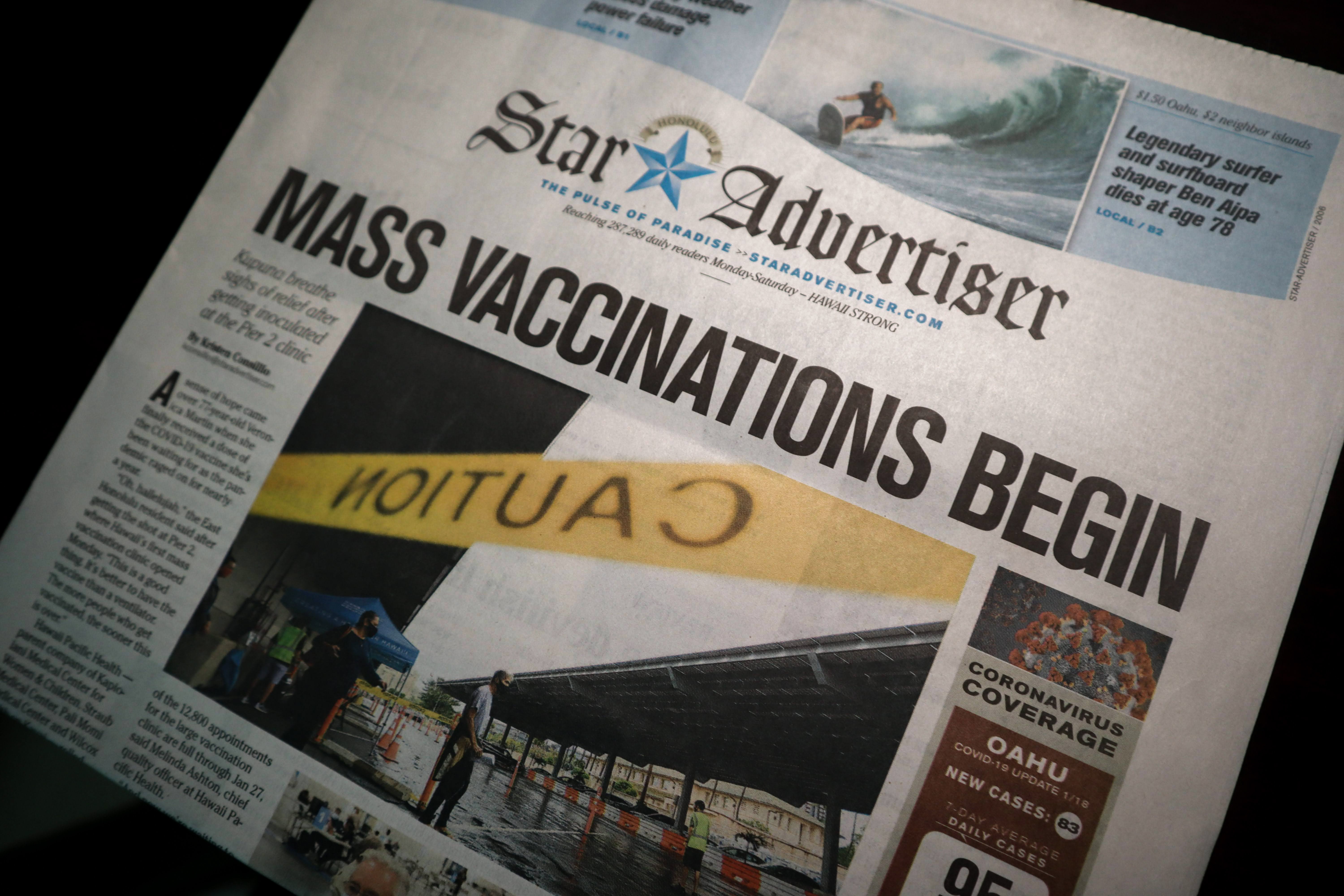Attachments
Note: Not all attachments are visible to the general public. Research URLs will go live after the embargo ends.

Journal/
conference: NEJM
conference: NEJM
Research:Paper
Organisation/s:
Ben Gurion University of the Negev, Israel
Funder:
Information not yet available.



 International
International


